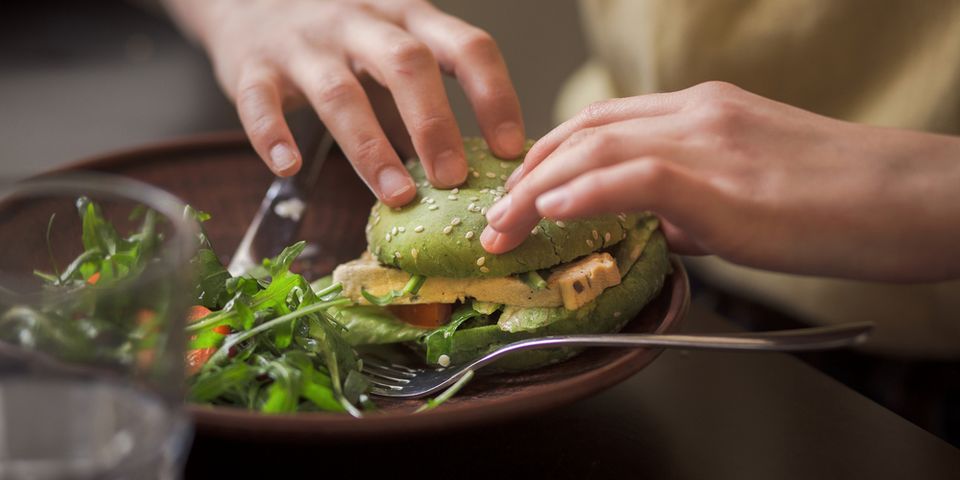Useful Links
Contact Us
- Mahmutbey Neighborhood
- Dilmenler Cd, No: 2
- Bagcilar, 34218
- Istanbul Turkey
- +0 212 702 22 10 XNUMX
- +0 212 702 00 03 XNUMX
- [email protected]
All rights reserved. © 2019 ecology.com



The vegan certification process is extremely important for individuals who adopt a vegan diet, to help them reach the products they want quickly, and to provide safe product access to vegan individuals. Since there was not so much vegan food search before, companies did not compete much and certification issues were not on the agenda.
With this diet style, which has increased recently, companies have started to compete in this field. It is very important that the V-Mark style accredited institution conducts the audits. They help the producer immensely and ensure that the consumer also eats safe products. People who eat vegan style trust the products produced by the companies that produce vegan products, thanks to the certification studies of the companies we mentioned.
Vegan products emerge with the documentation that no animal-derived foods are used in vegan products and that no animal products are used as materials in this process. Even during the packaging and labeling of the products, the materials used are controlled and even if no animal material is used in the food, if there is animal food in the materials used during the packaging of the product, it is no longer a vegan food.
While these processes are carried out meticulously, material controls are also controlled by the companies before the production phase. If certification is given as a result of the controls, production starts. The producer, who must do all these steps in the best way to reach vegan customers, can then market his products with the organizations he has agreed with.
Companies that know that no product that does not have a vegan certificate appeals to this audience and cannot be purchased by this audience, continues to work on vegan production today. All these processes must be audited by an independent authorized organization such as V-Mark and certification must be given.
As a result of the vegan test carried out in international laboratories, no animal substance was found, and the certification of the products will be approved as a result of the labeling of the products. If inspections are made by internationally accredited organizations, the products will be approved for consumption all over the world.
In general, the process in vegan certification is completed in 4 to 6 weeks. This process can sometimes be lengthened or shortened. This certification process is a very important process for production organizations. In order for the products to be checked before they are put on the market and to avoid any problems in the labeling part, the producing companies should not use anything related to animal food.
This process has been tested by organizations with international authority, and no harm has been done to the environment, and animals must not be victimized in any way. Vegetarian people have a sensitivity not to harm animals. To give an example, it should be preferred to chase the animals instead of killing them both in this process and at other times. If any insect is disturbed, it is not approved to kill the insect in the environment with pesticides. On the contrary, it should be ensured that the insect in the environment escapes with the spray sprayed on the insect.
Inspections are made up to the sugar put into the food to be produced. The sugar to be thrown into the food must not be filtered with bone charcoal. Documentation is required as proof of this. Any animal by-products, including the materials used after the production phase of the product, should not be used.
These need to be confirmed by certification. Any extra questions or questions of the company inspecting the products before the vegan certification document is approved should be answered clearly. Organizations approved to produce for vegan nutrition are approved to produce within one year.
After this process, controls are carried out again the following year. If no violations are observed during the performed controls, the certification is extended for one more year.